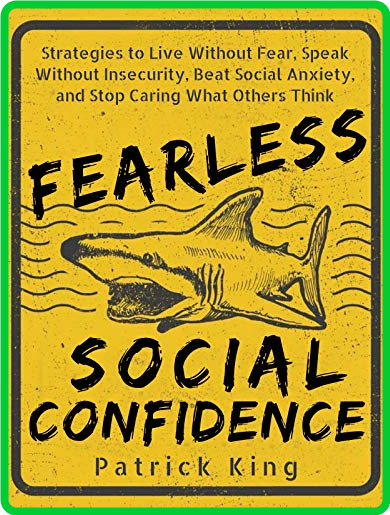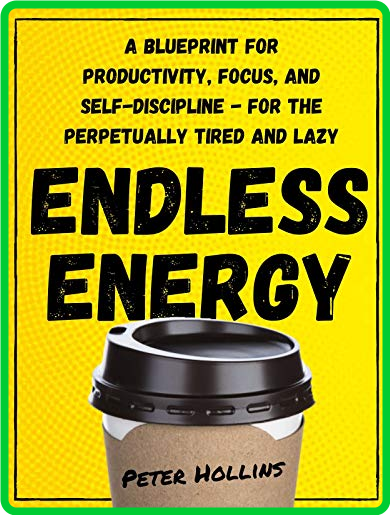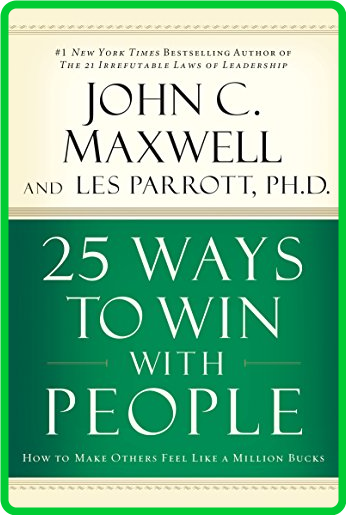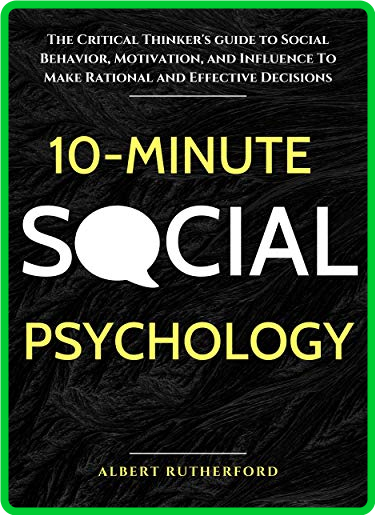![After the Protests Are Heard Enacting Civic Engagement and Social Transformation [Audiobook]]()
English | ASIN: B099XBJGJT | 2021 | 9 hours and 21 minutes |MP3|M4B | 258 MB
From the Women's March in DC to #BlackLivesMatter rallies across the country, there has been a rising wave of protests and social activism. These events have been an important part of the battle to combat racism, authoritarianism, and xenophobia in Trump's America. However, the struggle for social justice continues long after the posters and megaphones have been packed away. After the protests are heard, how can we continue to work toward lasting change? This book is an invaluable resource for anyone invested in the fight for social justice. Welch highlights examples of social justice work accomplished at the institutional level.
From the worlds of social enterprise, impact investing, and sustainable business, After the Protests Are Heard describes the work being done to promote responsible business practices and healthy, cooperative communities. The book also illuminates how colleges and universities educate students to strive toward social justice on campuses across the country, such as the Engaged Scholarship movement, which fosters interactions between faculty and students and local and global communities. In each of these instances, activists work from within institutions to transform practices and structures to foster justice and equality.
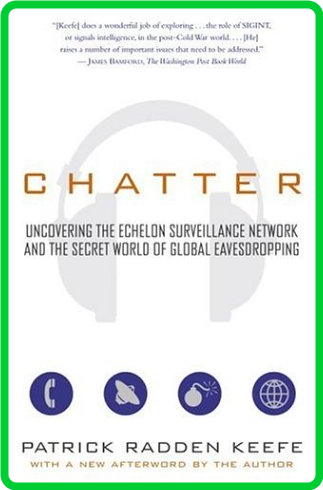
![After the Protests Are Heard Enacting Civic Engagement and Social Transformation [Audiobook]](https://i115.fastpic.org/big/2021/0811/28/32557c9078e06d31845bd7ff0b2c3b28.jpeg)
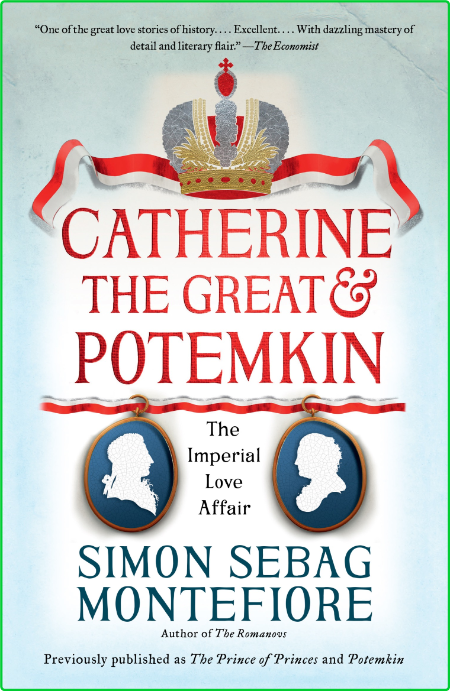
![A Sense of Self Memory, the Brain, and Who We Are [Audiobook]](https://i115.fastpic.org/big/2021/0811/db/4ae4e25f30faf4b43e57d08aad9728db.jpeg)
